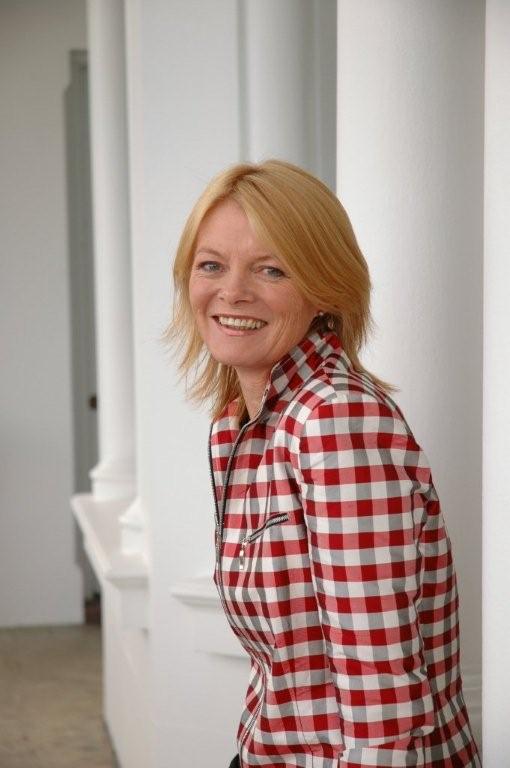 Parliament resumed on January 29 and will rise for Christmas on December 12, with a total of 93 sitting days scheduled.
Parliament resumed on January 29 and will rise for Christmas on December 12, with a total of 93 sitting days scheduled.
One of its first tasks would be to elect a new Speaker to succeed Dr Lockwood Smith, who has been appointed to the post of High Commissioner to the UK.
Frontrunners for the job are Primary Industries Minister David Carter and Building Minister Maurice Williamson.
The partial sale of three state-owned assets will dominate Parliamentary business this year, assuming of course that the Supreme Court would quash the Maori Council’s claim for ownership of freshwater.
Employment law changes are expected to be passed, there would be more Treaty settlements, Privacy Act changes, and discussions on many of the 47 bills on Parliament’s Order Paper.
Public submissions
There are other bills in front of Select Committees and submissions have been called on 13 new bills.
These include the Resource Management Reform Bill, Conservation (Natural Heritage Protection) Bill, Public Finance (Fiscal Responsibility) Amendment Bill, Sub Antarctic Islands Marine Reserves Bill, Family Court Proceedings Reform Bill, Criminal Procedure Legislation Bill, Prisoners’ and Victims’ Claims (Continuation and Reform) Amendment Bill, Budget Policy Statement 2013, Taxation (Livestock Valuation, Assets Expenditure, and Remedial Matters) Bill, State Sector and Public Finance Reform Bill, Crown Minerals (Permitting and Crown Land) Bill, Education Amendment Bill and Financial Reporting Bill.
The challenges
Politically, 2012 was a testing year for the National Party.
The global financial crisis continued to cast a pall on the economy, slowing growth to just 0.2%
The high dollar was a constant challenge for exporters, but with our exchange rate largely driven by the US and other major economies, there was little a government could do.
Unemployment, which measures the number of people actively looking for a job as percentage of the labour force, rose to 7.3% in the third quarter of 2012, up from 6.8% in the second quarter.
The highest recorded unemployment rate was 11.2% in September 1991 and the lowest, 3.5% in December 2007.
Credibility risked
National has staked its credibility as a party of sound economic management, setting the goal of returning the country to a budget surplus by 2014-15.
That means more belt-tightening this year to reduce public sector waste.
This signal is also being given to households – save and reduce down debt.
But this strategy of frugality for tough times has brought strong complaints from spendthrift opposition parties that continue to call for more government spending.
The Green Party, whose co-leader is eyeing the job of Finance Minister in a Labour-Green Government, has even suggested that the government should start printing money! Fortunately, this idea has been widely rejected, although the Green Party remains undaunted, exposing their dangerous socialist roots.
In this pre-election year, we should expect much more of this sort of politicking, as opposition parties undermine the government to present themselves as a credible government-in-waiting.
But in calling for more spending in these difficult times, the opposition is adopting the economic policies of Greece.
The point is that individuals, not governments create economic growth and jobs.
Ideal governance
The best governments are those that put in place the conditions for human enterprise to flourish – the more successfully they do that, the richer a society will be.
During this year we should also expect to see the influence of the union movement on the Labour Party grow as a result of changes made at their conference in November.
The unions will have a stronger voice in Parliament and a controlling vote over the Labour Party leadership, with the leader to be chosen by 20% union vote, 40% caucus vote and 40% membership vote.
Labour Leader David Shearer will face his next leadership vote in February.
The Maori Party too is facing major change as founding co-leader Tariana Turia prepares to step down at the end of this Parliamentary term. Pita Sharples, the other co-leader, will be 72 in July, and while he has been pressured to retire by Mrs Turia, he has currently ruled it out.
The above is the edited version of the views expressed by Dr Muriel Newman, Director of the New Zealand Centre for Political Research, in her web-based free weekly Newsletter, NZCPR Weekly. For full text, visit www.nzcpr.com






